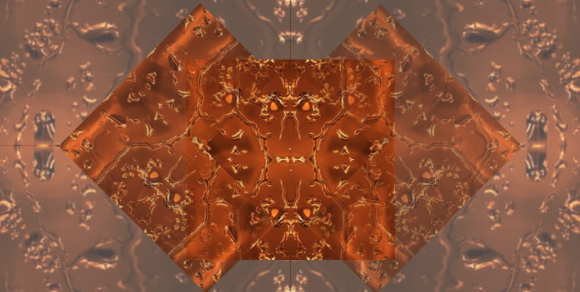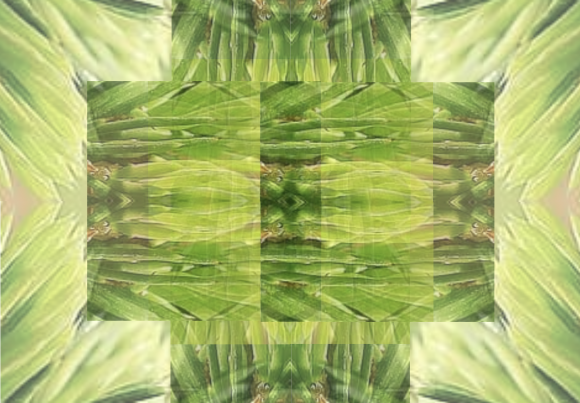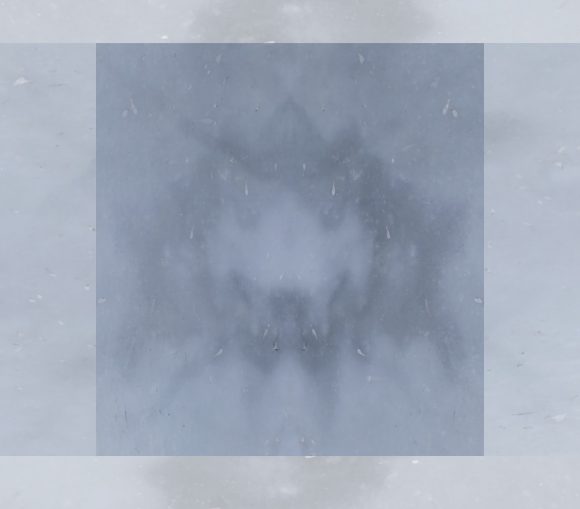
If we want to take perspective reversal seriously, we have to revise some of the language we use. Rather than saying, for instance, I “had” a dream (or fantasy) we should say “I was in a dream”; similarly, when we describe our experience, we should say “in my dream I saw …”. In other words, we would speak about our dream experience as if it happened to us when we (metaphorically) went there...








